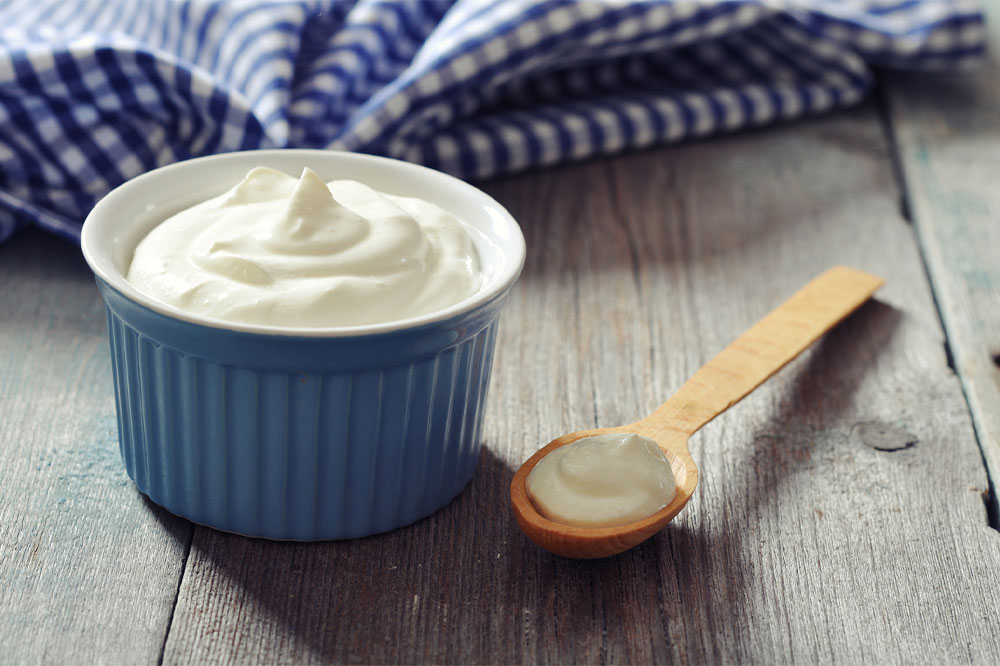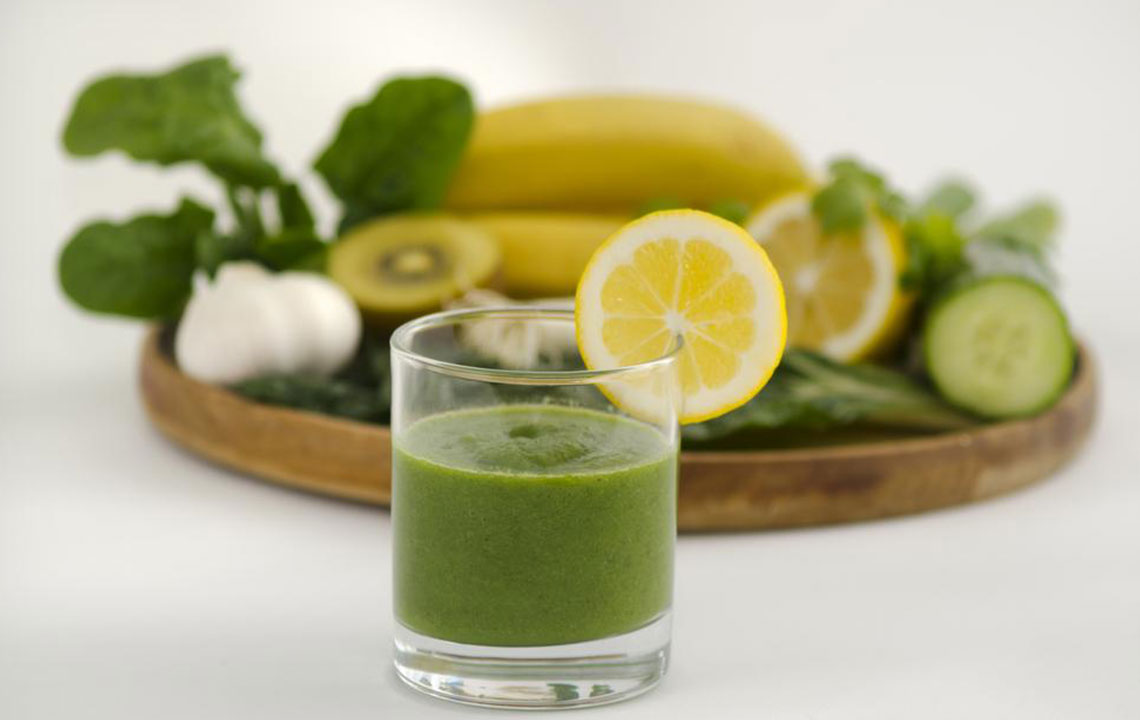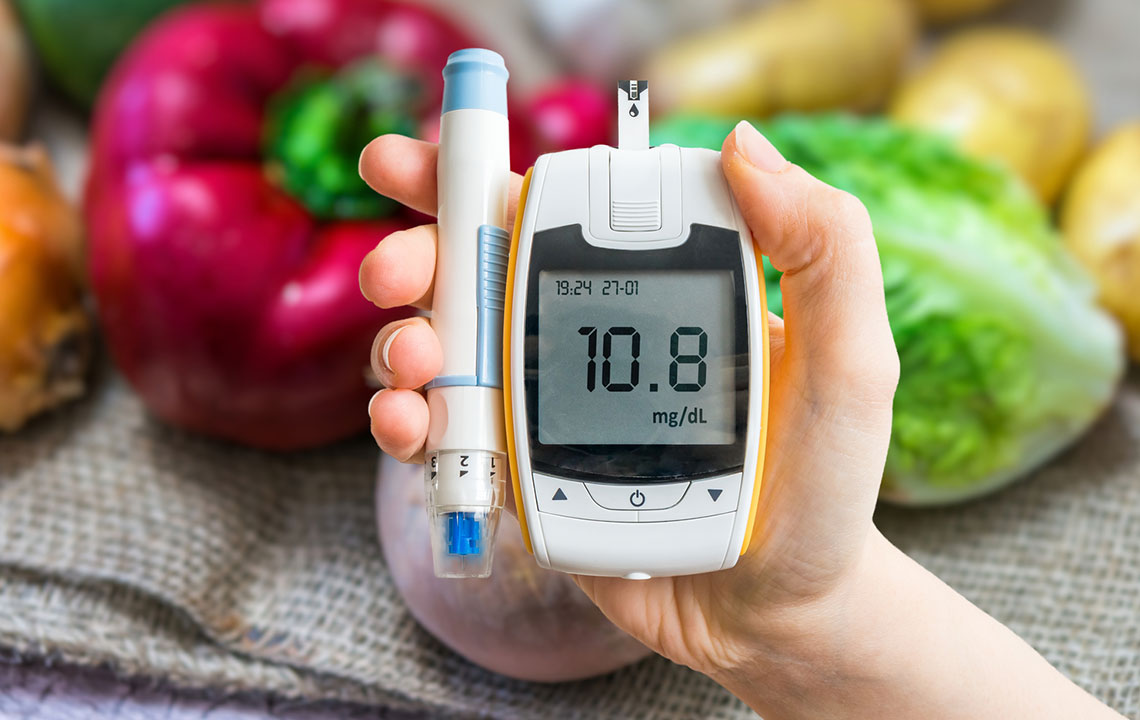4 Unexpected Foods That Can Worsen Blood Sugar Control in Diabetes Management
Discover four unexpected foods that can interfere with blood sugar control in diabetes management. Learn why flavored yogurt, cereals, granola bars, and bottled smoothies might seem healthy but can trigger blood sugar spikes. Gain insights into healthier alternatives and dietary tips to maintain stable glucose levels and prevent complications. Eating right is crucial for living well with diabetes, and avoiding these hidden dietary pitfalls can make a significant difference in your health journey.

4 Surprising Foods That May Disrupt Your Diabetes Management
Managing diabetes effectively involves not only monitoring medication and physical activity but also maintaining a careful and well-informed diet. While many people know that excessive sugar and processed foods can negatively impact blood glucose levels, there are several less obvious foods that can unexpectedly cause blood sugar spikes. Recognizing these hidden dangers is essential for individuals with diabetes who aim to keep their glucose levels stable, reduce the risk of complications, and improve their overall health.
Flavored Yogurt: A Hidden Source of Sugars
Many commercially available flavored yogurts are packed with added sugars, artificial sweeteners, and preservatives, which can substantially elevate blood sugar levels. Despite their marketing as healthy snacks, these products often contain more sugar than a candy bar. For diabetics, choosing plain, unsweetened yogurt made at home offers a safer and more natural alternative. Homemade yogurt allows control over ingredients, minimizes sugar intake, and provides beneficial probiotics that support gut health. Remember, even small quantities of flavored yogurts can cause blood glucose fluctuations if consumed frequently or in large portions.
Cereal Products: The Hidden Sugar Culprit
Breakfast cereals might seem like a quick and easy start to your day, but many brands are loaded with hidden sugars, syrups, and artificial additives that make them unsuitable for managing diabetes. These cereals often turn into rapid sources of glucose once consumed, leading to sharp blood sugar spikes. To make healthier choices, diabetics should opt for whole-grain options with no added sugars, such as oatmeal, or prepare homemade granolas with nuts and seeds. Pairing cereals with unsweetened almond milk or adding fresh berries in moderation can help mitigate the glycemic impact.
Granola Bars: Despite Marketing Claims
Granola bars are commonly promoted as nutritious snacks for active lifestyles. However, many of these products are loaded with high amounts of sugar, high-fructose corn syrup, dried fruits, and chocolate, which significantly affect blood sugar levels. Checking the nutrition label carefully is essential. Smaller portion sizes, selecting bars with minimal added sugar, and ingredients like nuts and seeds can help reduce their impact. Incorporating whole foods like nuts or fresh fruits into your diet is often a better choice for stabilizing blood glucose.
Bottled Smoothies: Unexpected Sugar Bombs
Pre-packaged smoothies are frequently marketed as healthy on-the-go options, but many contain added sugars, syrups, and preservatives that can cause rapid blood glucose rises. These drinks often have higher sugar content than a soft drink. A healthier alternative is to create smoothies at home using fresh fruits with low glycemic indexes, such as peaches, kiwis, and berries. Using moderate amounts of unsweetened yogurt or plant-based milk further ensures a balanced and blood sugar-friendly beverage. Custom-made smoothies allow control over ingredients, making them a smarter option for diabetics.
Beyond avoiding these specific foods, effective diabetes management requires a comprehensive approach. Controlling calorie intake, choosing nutrient-dense foods, maintaining an active lifestyle, and regularly monitoring blood glucose are all critical components. Consulting with a registered dietitian or nutritionist can help develop a personalized, sustainable diet plan that balances enjoyment with health considerations, ensuring long-term well-being and reducing the risk of diabetes-related complications.





